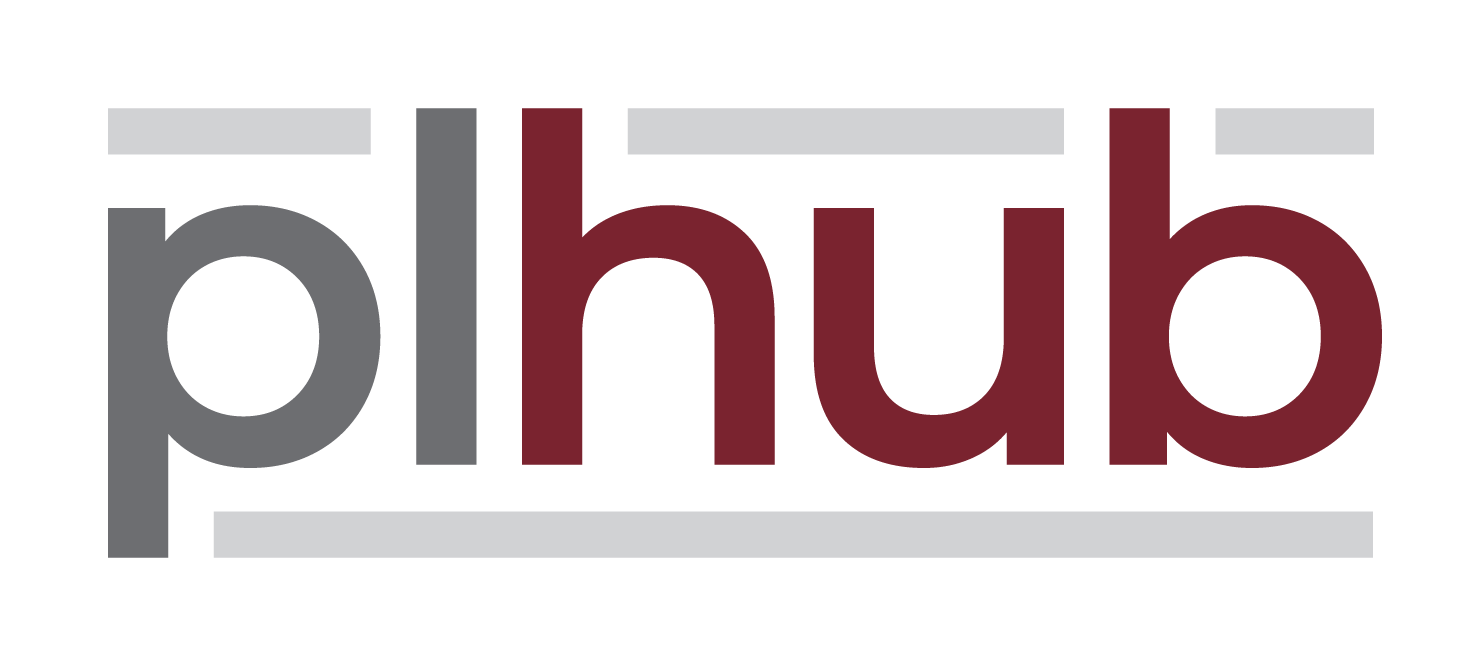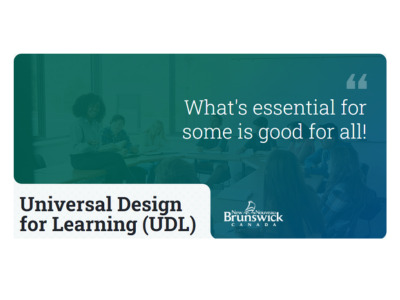The Universal Design for Learning (UDL) site for educators in New Brunswick provides a comprehensive overview of the UDL framework and its application in educational settings.
- What is UDL?
- UDL is an evidence-based approach to teaching and learning that considers the “why,” “what,” and “how” of learning. It aims to create flexible and accessible learning environments that cater to the diverse needs of all students1.
- Importance in New Brunswick
- The UDL framework is integral to the New Brunswick curriculum, promoting access and participation in the learning process. It helps educators design instruction and assessments that support all learners, recognizing that each student’s learning needs are unique
UDL Resources
- The UDL Guidelines are a tool used in the implementation of Universal Design for Learning, a framework developed by CAST to improve and optimize teaching and learning for all people based on scientific insights into how humans learn. The goal of UDL is learner agency that is purposeful & reflective, resourceful & authentic, strategic & action-oriented.
-
Universal Design for Learning Implementation and Research Network – The Universal Design for Learning Implementation and Research Network (UDL-IRN) supports the scaled implementation and research related to Universal Design for Learning.
- The UDL Approach website – Led by Dr. Loui Lord Nelson, this site focuses on promoting Universal Design for Learning (UDL). It offers resources, books, consulting, and speaking engagements to help educators design inclusive, culturally responsive learning environments.
Accessibility Resources
- Neil Squire
- Free Trainings | SeaChange Colab
- AEM Center: What is Accessibility? (cast.org)
- AEM Center: Teaching with Accessible Math (cast.org)
- AEM Center: Creating Accessible Documents (cast.org)
- AEM Center: Personalizing the Reading Experience (cast.org)
- AEM Center: Online Learning Series on Accessible Materials & Technologies (cast.org)

